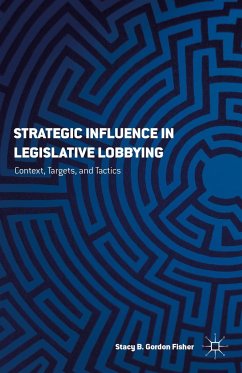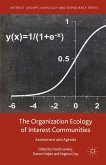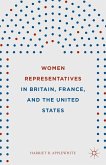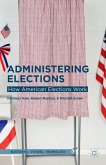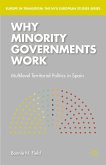This book provides a nuanced picture of how governmental advocates develop their lobbying strategies. Through in-depth analysis of context specific data from surveys of and interviews with California lobbyists, the author explores how context, targets, and tactics interact as lobbyists try to influence legislative decision making.
"Thirty years of research on lobbying in America has left a confusing and contested legacy of theories and findings. Stacy B. Gordon Fisher grabs all of this research by the throat and fits it together like a great jigsaw puzzle to create a new, integrated model of strategic lobbying. Supported by rigorous empirical testing, she pulls back of the veil over the intricate world of interest group lobbying. Anybody interested in understanding how lobbying works has to read this book." - Thomas Holyoke, Professor of Political Science, California State University, Fresno, USA
"Stacy B. Gordon Fisher's Strategizing Influence in Legislative Lobbying increases our understanding of interest group behavior by leaps and bounds. Dr. Gordon Fisher offers a novel and compelling model of interest group decision-making that focuses upon the contextual factors that affect groups' choices of lobbying tactics and targets, and then tests notions derived from this model against real worldquantitative and qualitative data. The end result is a crucial addition to the interest group canon." - Anthony J. Nownes, Professor of Political Science, University of Tennessee, Knoxville, USA
"Stacy B. Gordon Fisher's Strategizing Influence in Legislative Lobbying increases our understanding of interest group behavior by leaps and bounds. Dr. Gordon Fisher offers a novel and compelling model of interest group decision-making that focuses upon the contextual factors that affect groups' choices of lobbying tactics and targets, and then tests notions derived from this model against real worldquantitative and qualitative data. The end result is a crucial addition to the interest group canon." - Anthony J. Nownes, Professor of Political Science, University of Tennessee, Knoxville, USA

